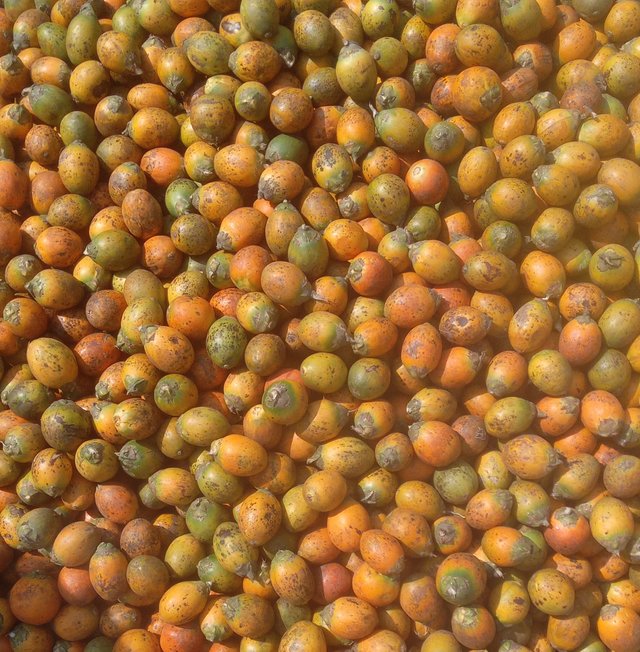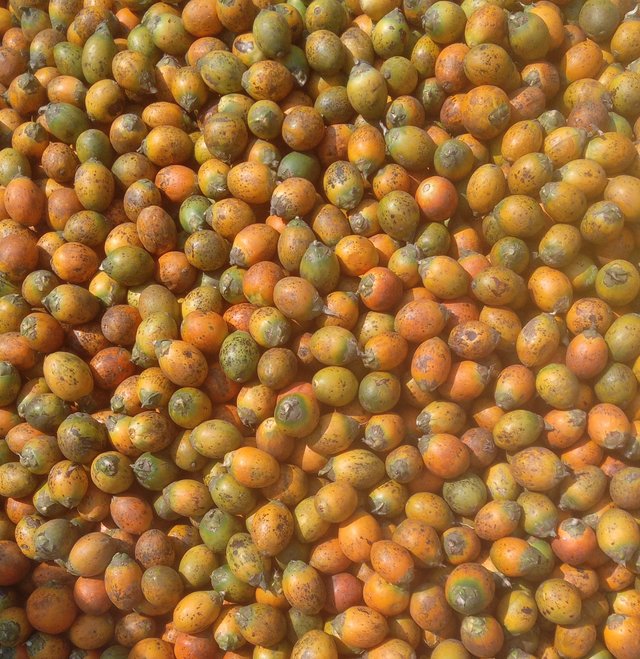Photography
I,m going to presentation a photography that is explained advantage & disadvantage about betel nut


Advantages of Betel Nut:
Stimulant Effects: Betel nut contains psychoactive substances like arecoline and arecaidine, which act as stimulants. These compounds can increase alertness, elevate mood, and enhance cognitive functions temporarily.
Traditional Medicine: In some cultures, betel nut is used in traditional medicine for its purported medicinal properties. It has been used to treat conditions like headaches, toothaches, and digestive issues.
Social and Cultural Significance: Betel nut has significant cultural and social importance in many Asian and Pacific Island societies. It is often used in ceremonies, social gatherings, and religious rituals, serving as a symbol of hospitality and friendship.
Economic Benefits: The cultivation and trade of betel nut provide livelihoods for many people in regions where it is grown. It serves as a source of income for farmers, traders, and retailers, contributing to the local economy.
Nutritional Value: Betel nut contains vitamins, minerals, and antioxidants, albeit in moderate amounts. It provides nutrients like calcium, iron, and vitamin C, which can contribute to overall health when consumed in moderation.
Disadvantages of Betel Nut:
Addictive Properties: Betel nut contains arecoline, a substance with addictive properties. Regular consumption can lead to dependence, making it difficult for individuals to quit using betel nut even when they are aware of its negative health effects.
Oral Health Risks: Chewing betel nut has been linked to various oral health problems, including gum disease, tooth decay, and oral cancer. The abrasive nature of betel nut, combined with the alkaline properties of its components, can damage oral tissues over time.
Carcinogenic Effects: Betel nut chewing has been classified as a carcinogenic habit by the International Agency for Research on Cancer (IARC). Prolonged use is associated with an increased risk of developing oral cancers, particularly in combination with other risk factors like tobacco and alcohol consumption.
Social Stigma: In some societies, betel nut chewing is associated with negative stereotypes and social stigma. It may be viewed as a sign of low socioeconomic status, poor hygiene, or cultural backwardness, leading to discrimination and marginalization of betel nut users.
Environmental Impact: The cultivation of betel nut trees can have environmental consequences, including deforestation, habitat loss, and soil degradation. Unsustainable farming practices, such as slash-and-burn agriculture, can exacerbate these impacts, leading to long-term ecological damage.
In conclusion, while betel nut may have some cultural, social, and economic advantages, its consumption poses significant health risks and environmental concerns. Individuals should be aware of the potential consequences associated with betel nut use and consider alternative practices for meeting their cultural or social needs.